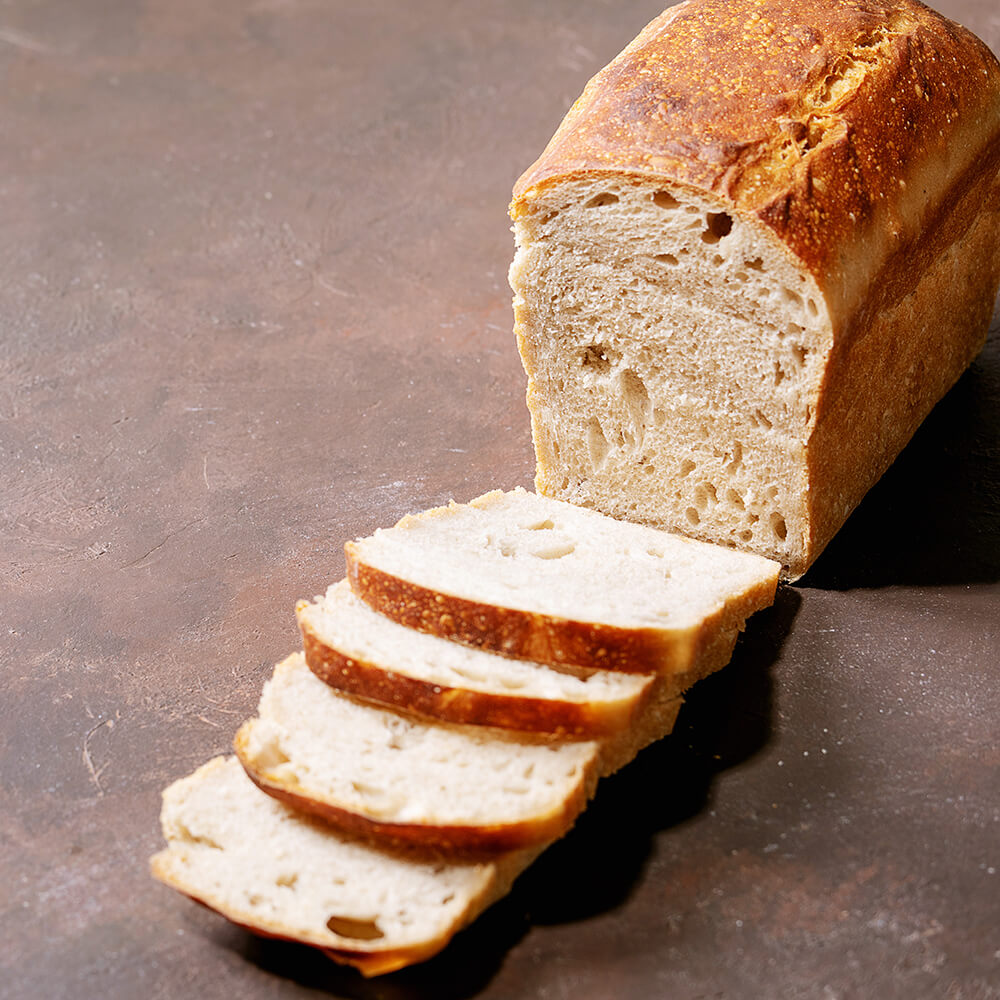EU deforestation regulation: Further delay on the cards
28th September 2025
“It sounds like the EU Deforestation Regulation might be delayed again to December but this doesn’t mean you can ignore it. The requirements are tough – if you deal with products like coffee, cocoa, or palm oil, you’ll need to prove your supply chain isn’t linked to deforestation and submit a formal statement to the EU. I’d recommend using this extra time to get your supply chain in order and stay alert for any changes to the rules.”

The EU Deforestation Regulation (EUDR), a landmark legal measure aimed at curbing global deforestation linked to agricultural products, may be postponed again—this time until 30 December 2026. The delay is largely due to technical concerns over the readiness of a crucial EU IT system designed to handle the regulation’s data requirements.
While waiting for a firm announcement on postponement, we recommend that affected businesses use the opportunity to further scrutinise their supply chains, modify their sourcing and procurement processes and work with their suppliers to ensure that they will be ready for implementation in due course.

What’s happening?
The already delayed EU Deforestation Regulation (EUDR) may have its implementation date deferred again, by a further year until 30 December 2026.
The proposed delay appears to be mainly due to EU concerns about the readiness of an EU IT system key to the recording of data required of businesses by the EUDR.
While many businesses trading with the EU market will be glad of any additional time (should it become available) to prepare for implementation, it’s important not to lose sight of the EUDRs demanding requirements and the need for affected businesses to develop and maintain a very detailed understanding of their supply chains.
Background
The world’s forests – key to biodiversity and essential for carbon-capture – remain under threat from clearance and deforestation. Much of this deforestation is associated with food and drink production. Agricultural expansion accounts for almost 90% of global deforestation. More than half of forest loss is due to conversion of forest into cropland, with livestock grazing being responsible for almost 40% of forest loss.
Recognising its role as a significant consumer of the products associated with deforestation, the EU recently adopted an important new legal measure in the guise of the EUDR (Regulation (EU) 2023/1115).
What does the EUDR do?
This measure introduces some significant new legal obligations for businesses who in any way deal with products which contain or are derived from seven very common items: cattle, coffee, cocoa, palm oil, rubber, soya, and wood. If you stop to think about what’s in your weekly shopping trolley, the significance of this legal measure is clear.
In broad terms, the EUDR will require businesses placing products containing, or derived from, these items on the EU market (or exporting them from the EU) to carry out extensive due-diligence on their supply chain to ensure that those products are not associated with recent deforestation, forest degradation or breaches of local laws in the country of origin of the product or item. The business must then upload a “due diligence statement” to an EU on-line system to the effect that there is no or only a negligible risk of non-compliance with the EUDR. The nature of the due diligence is prescribed and includes collating detailed information, risk assessing each product, and taking action to mitigate risks (e.g. by working with smallholders to reduce environmental impacts). The due diligence statement must be made available to traders and competent authorities and some elements of information obtained in order to make the statement may be made public.
As for enforcement, competent authorities of Member States will have powers to conduct various compliance checks and may, in certain circumstances involving a high risk of non-compliance, take steps to prevent products reaching the market. The penalties for non-compliance with the EUDR could be significant, with potential for offenders to be fined up to 4% of the company’s EU turnover.
Our thoughts
Given that the implementation date of the EUDR had already been postponed from 30 December 2024 to 30 December 2025, further delay seems unlikely. While some political agitation had begun to develop about the proportionality of the Regulation, it appears that practical concerns about the EU’s readiness to manage the data that the EUDR would generate may tip the scales in favour of a further postponement.
While waiting for a firm announcement on postponement, we recommend that affected businesses use the opportunity to further scrutinise their supply chains, modify their sourcing and procurement processes and work with their suppliers to ensure that they will be ready for implementation in due course. Given the obvious concerns in some quarters about the proportionality of the EUDR, it is also essential that affected businesses have a weather-eye out for any material changes in the scope and nature of the EUDR between now and its eventual implementation date. Businesses may need to pivot and adapt their preparations at short notice.









